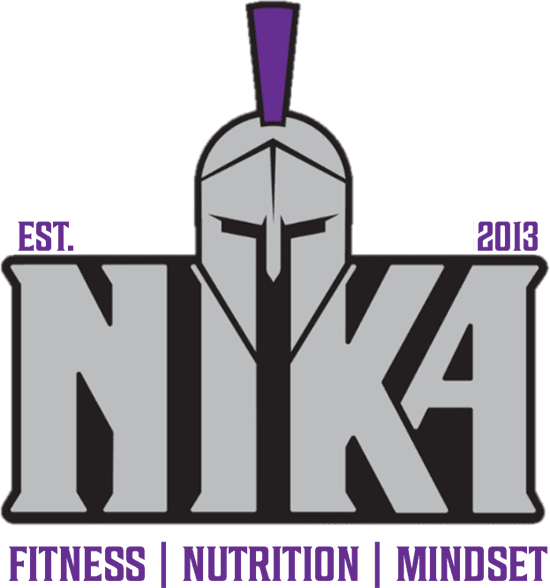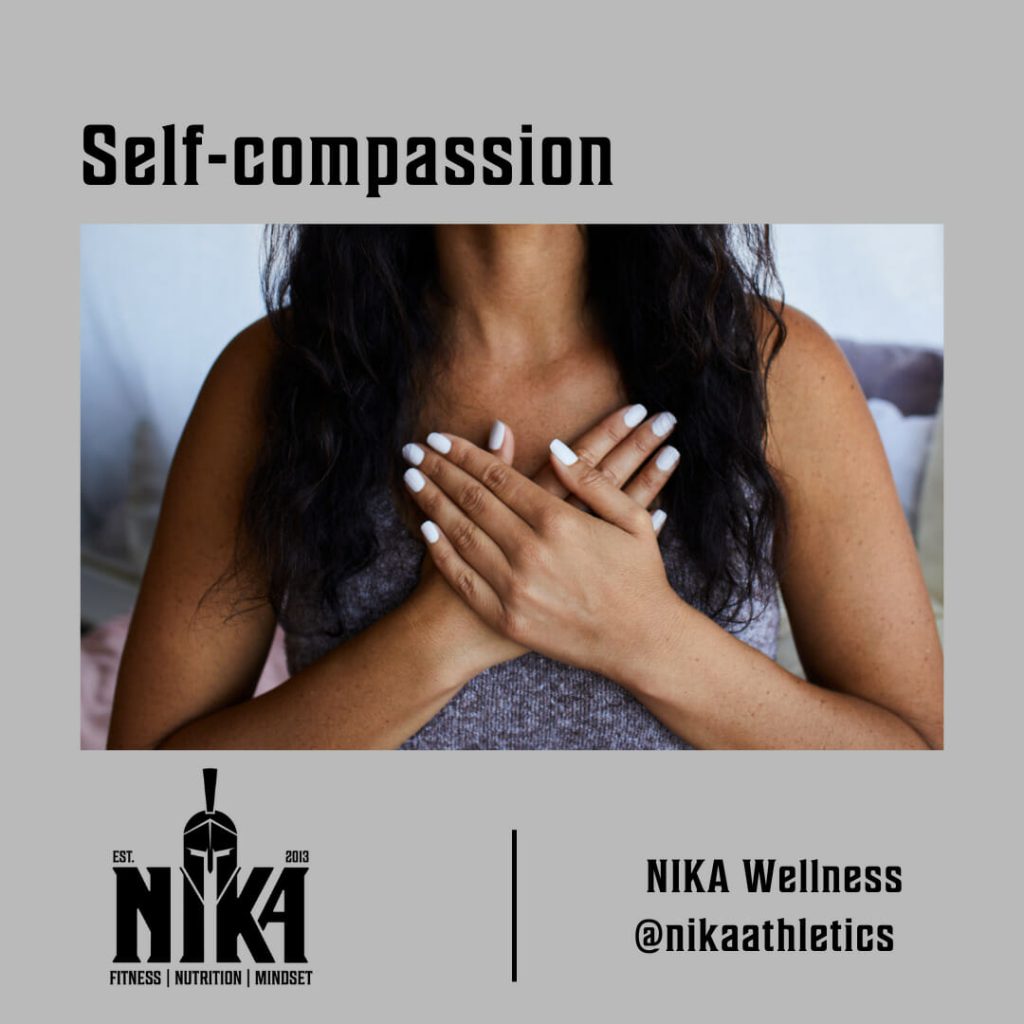Are you making your own life harder by adding unneccesary stress?
Unsure? Ask yourself these two questions:
1. Do you expect a lot from yourself?
2. Do you beat yourself up when you fall short?
Pretty much everyone will say yes to the first question, but if you also say yes to the second, you are probably not practicing self-compassion.
This behavior is not particularly good for you even if it is fairly common. And being overly critical of yourself is adding stress to your life.
How? This behavior can lead to rumination over your mistakes and shortcomings, making them feel much larger than they actually are.
The good news, neuroscience and psychology research shows that practicing self-compassion actually allows people to get more done and they’re able to sustain work, health, and relationships better than people who do not practice.
People who practice self-compassion:
► perform better and are less likely to “choke” under pressure
► are able to bounce back faster from setbacks
► feel less depressed and anxious
► have better relationships
► are more emotionally intelligent and less egocentric
► are more satisfied with life
All of these benefits aid your emotional, social, and existential health, which also positively affects your physical health. This makes it easier for you to eat well, stay active, and get a good night’s sleep.
What I want you to takeaway from this is practicing self-compassion can help you better regulate emotions, manage stress, and have a greater capacity for doing the things you want to do, like eating better, moving more, or boosting work productivity.
Understand this as well, self-compassion is not about taking the easy way out or letting yourself “off the hook.” Self-compassion is about helping prevent negative experiences from getting you down and using those experiences to learn and grow.
What self-compassion is about:
► giving yourself a break—not a perpetual “get out of jail free” card
► choosing to be genuinely kind to yourself—not simply avoiding being “mean”
► being honest and seeing the big picture—not ignoring real problems
So what does self-compassion look like?
Here are three main elements:
1. Mindfulness: Be aware of what you’re doing, thinking, feeling, and experiencing, but do not judging yourself for it.
2. Common humanity: Acknowledge that you are not alone, everyone goes through what you’re dealing with (or something like it) at one point or another.
3. Self-kindness: Being generous and decent to yourself.
If you need help finding some self-compassion, let’s chat! Set up a wellness consultation: https://kilo.gymleadmachine.com/widget/appointment/nikaathletics/free-intro

